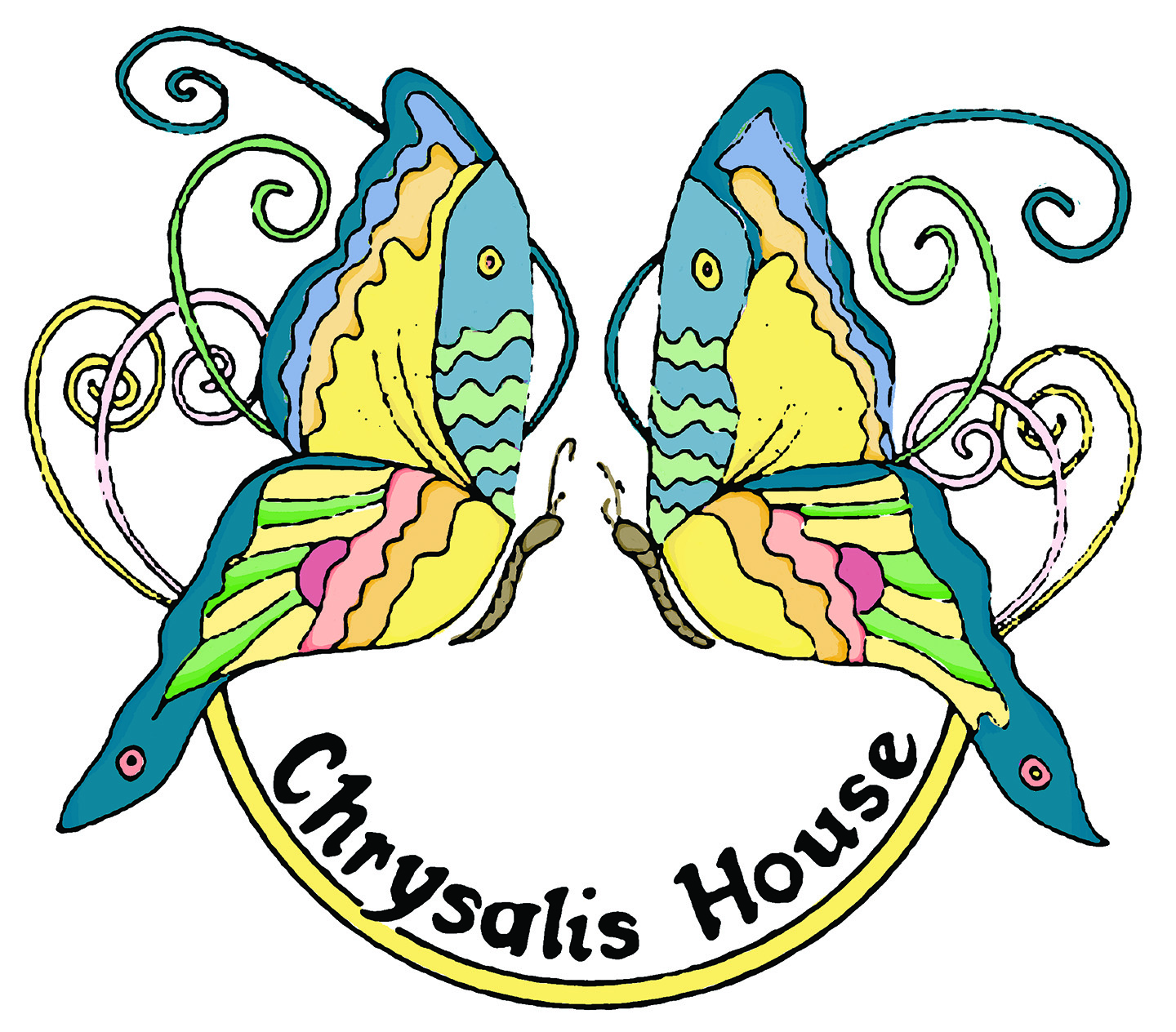Ready to get help?
Managing Change & Skill Development
Once patients have become familiar and engaged in treatment they will begin to build natural support systems; demonstrate family based coping skills and strategies for interpersonal coping; will advocate for unmet needs in the community and have transitioned from external motivation to internal motivation.
Acquisition of functional adult daily living skills:
- Healthy lifestyle: knowledge and understanding of personal health needs and how to access and utilize medical, dental and wellness resources. Ability to make healthy food and lifestyle choices for themselves and their children.
- Personal care: understanding and practice of good hygiene, safe food handling and preparation, financial wellness and budgeting and dressing according to weather and situation.
- Structure and routine: adapting to a life schedule and routine that affords consistency, boundaries and facilitates positive time management.
- Personal choices: development of reasoning abilities to discern healthy versus unhealthy life choices.
Development of positive social and communication skills:
- Setting and respecting boundaries.
- Recognizing how to make positive choices in forming interpersonal relationships.
- Ability to manage conflicts peacefully while preserving relationships.
- Stating one’s needs, desires, and wants without infringing on the rights of others.
- Understanding and practicing how to listen and speak to others in a positive manner and to disagree appropriately.
- Understanding the reciprocity of communication.
- Understanding the reciprocity of supportive relationships and ability to show empathy and support to others.
- Recognize impact of behaviors: understanding of how their choices and behaviors impact on others.


